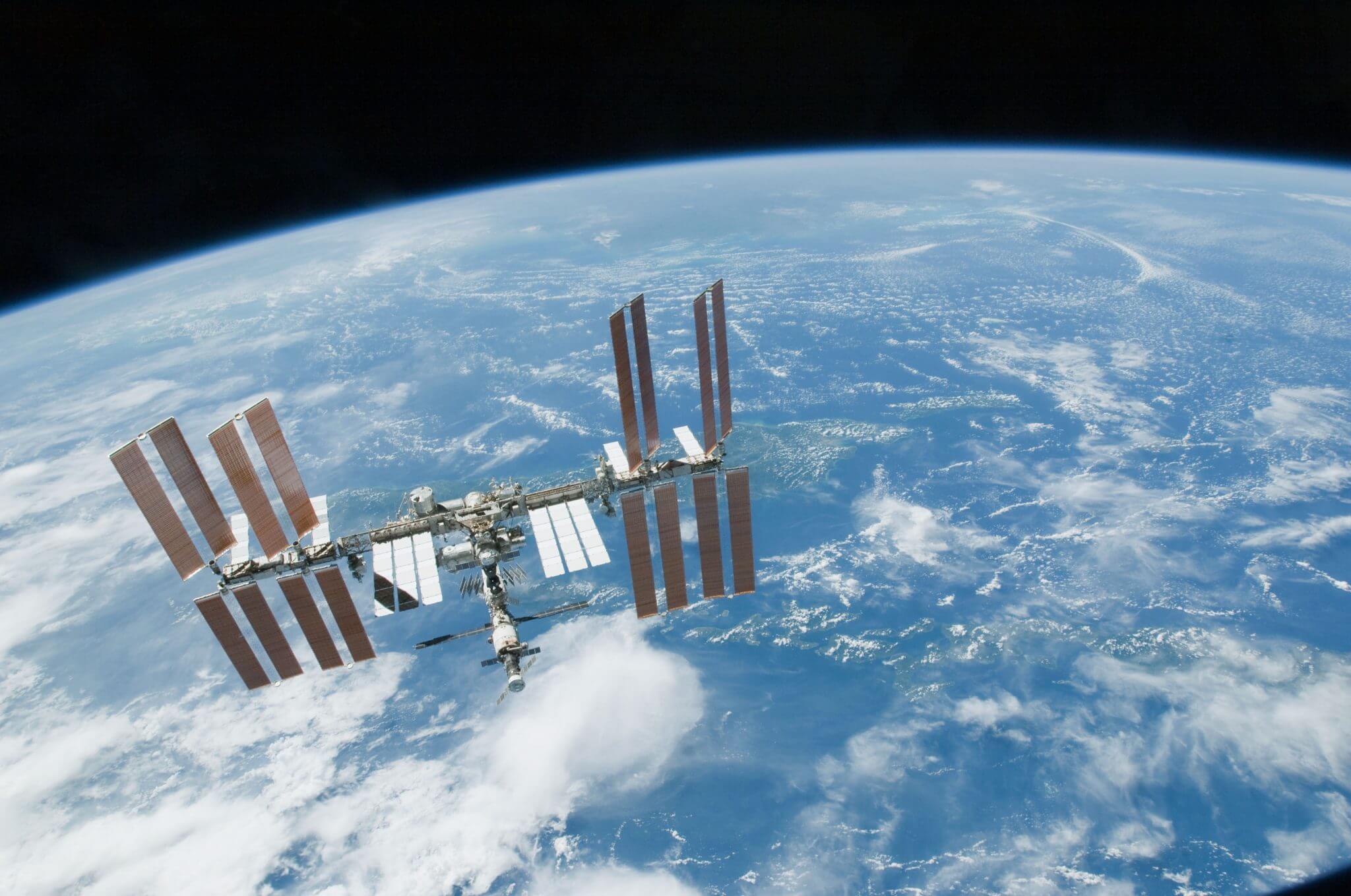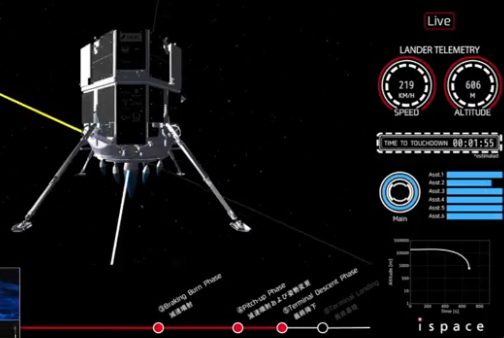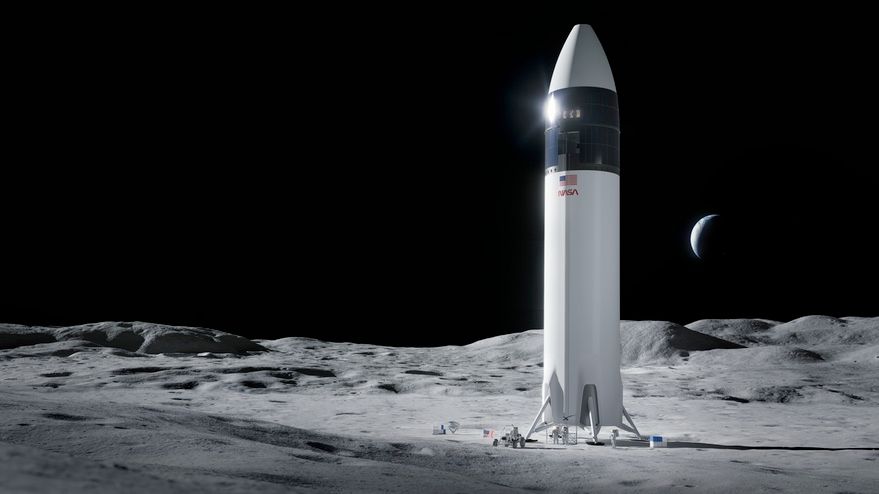On 11 September 2014, NASA’s DAWN spacecraft which is currently travelling to the Ceres asteroid having previously visited the asteroid Vesta, has entered safe mode. The cause of the event is thought to be a high energy particle of space or solar radiation which disabled an electronic component in the ion propulsion system. A different ion thruster with an unaffected electronic controller was then used and thrusting continued from 15 September 2014 onwards. However the temporary anomaly has delayed the spacecraft’s arrival at Ceres by one month. The mission, which was launched in September 2007, will now arrive at Ceres in April 2015.
DAWN asteroid mission has ion thruster hiccup as result of radiation event
About Seradata
Seradata produces the renowned Seradata database. Trusted by over 100 of the world’s leading Space organisations, Seradata is a fully queryable database used for market analysis, failure/risk assessment, spectrum analysis and space situational awareness (SSA).
For more information go to https://www.seradata.com/product/
Related Articles
Stay Informed with Seradata
Stay informed on the latest news, insights, and more from Seradata by signing up for our newsletter.






